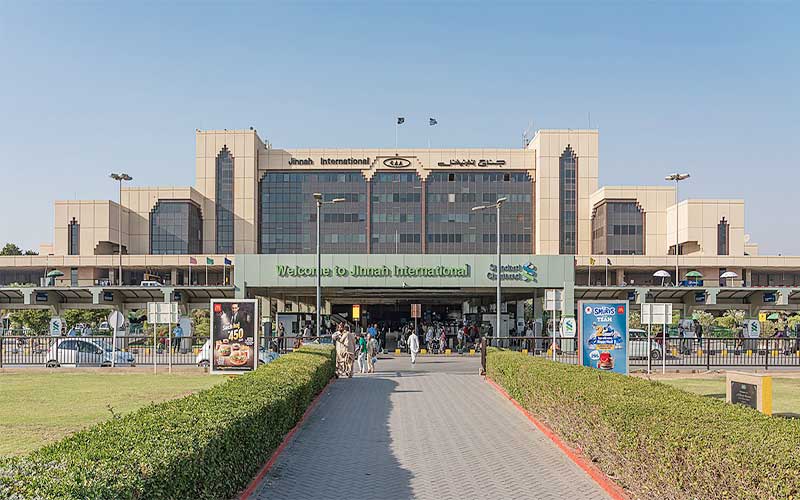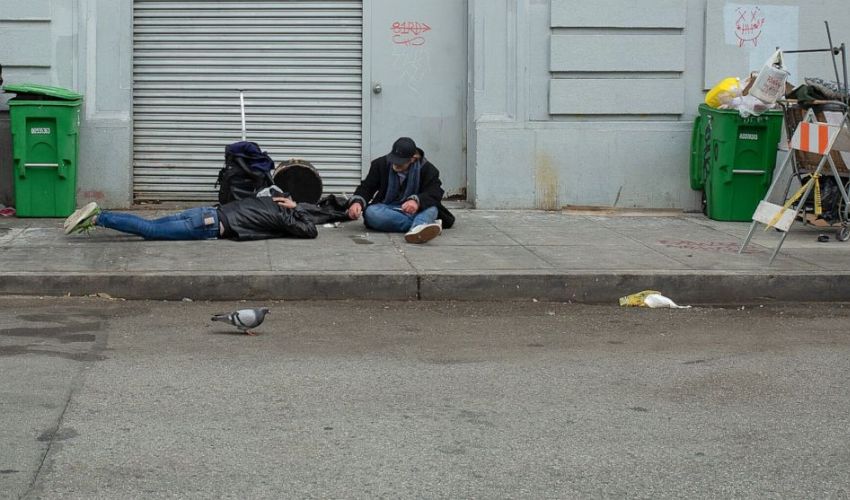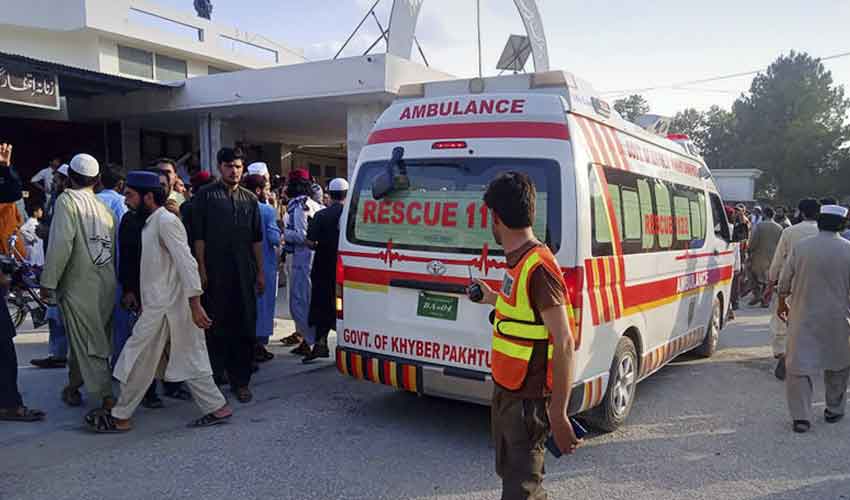A recent study by Debt Relief International, commissioned by Norwegian Church Aid, has unveiled a dire economic situation for developing countries, describing it as the worst debt crisis in history.
According to the report, these nations are allocating nearly half of their budgets to servicing debt, resulting in significant cuts to essential public services.
The study, which examines 144 developing countries, highlights that an average of 41.5% of budget revenues and 41.6% of spending are directed towards debt repayment. This figure represents 8.4% of the Gross Domestic Product (GDP) across these nations. As a consequence, critical investments in health, education, social protection, and climate change mitigation are being severely curtailed.
The report asserts that the current debt crisis exceeds the severity of past financial crises, including the Latin American debt crisis of 1982 and the debt crises of the 1990s, which led to the Heavily Indebted Poor Country Initiative (HIPC). Despite the establishment of the Common Framework by the G20 in 2020, designed to streamline and expedite debt relief, progress has been disappointing. The framework has been hampered by slow implementation, limited creditor participation, and a significant portion of debt now held by China and private bondholders.
The report criticizes the Common Framework for falling “way short of expectations” in terms of timeliness and effectiveness. It notes that even with relief measures, countries would still be dedicating an average of 48% of their budget revenue to debt service. This limited relief has deterred many nations from seeking assistance.
To address this crisis, the report proposes several recommendations:
- Expanding debt relief to all income levels and regions, tailored to specific needs.
- Reducing debt service to below 15% of budget revenue.
- Implementing rapid relief measures with immediate payment standstills upon application.
- Including all creditors in the relief process.
- Offering legal protections to debtors against holdouts and lawsuits in major financial centres.
Matthew Martin, one of the report’s authors, has urged the new UK government to take decisive action. He advocates for legislation against vulture funds—entities that purchase debt cheaply and then seek to profit from it through litigation in UK courts. Martin also calls for a fundamental review of the Common Framework to ensure it effectively cancels debt service, enabling governments to focus on combating climate change and reducing inequality.
Dagfinn Høybråten, Secretary General of Norwegian Church Aid, emphasized the severe impact of the debt burden on poorer populations, highlighting the need for urgent action. "A high debt burden not only drains a country’s economy but also hits the most vulnerable through cuts to welfare, education, and health services," Høybråten stated. "We cannot afford to let this crisis persist for decades as we did with the 1982 crisis."


























